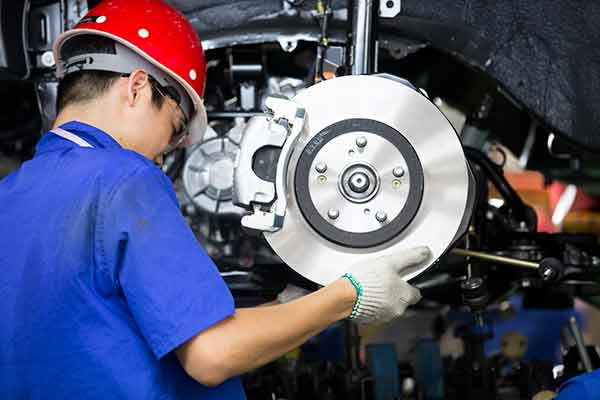BYD sees sharp growth in global orders

China's leading electric vehicle maker BYD on Monday signed a contract for 200 electric trucks with a Brazilian firm, marking the company's largest order for e-trucks in the international market.
The e-truck's gross weight with full load is around 21 metric tons and needs three hours to charge to full capacity, which can power the vehicle to operate over 100 kilometers. All of the trucks are expected to be delivered before 2023.
It is the company's second large-scale deal for heavy-duty trucks in less than one month. Earlier this month, BYD sold 500 electric dump trucks-its largest sales order of its kind. These dump trucks can run for 280 kilometers when fully loaded.
"BYD has entered the stage of the commercial application of e-trucks and it can also drive its battery business, which is expected to be independent soon," said Hu Feng, an electric vehicle analyst at Shenzhen Gaogong Industry Research Center.
He said the heavy-duty freight vehicle sector could become a new and important category for BYD, after buses, which are its "business card," and step forward to realize its "diversification strategy."
But the subsidy cut for e-buses dragged down its net profit in the first quarter by 83 percent year-on-year.
Meanwhile, the bus market is approaching saturation point. For instance, all buses in Shenzhen have been transformed to be electric-powered since the end of last year, while most of its dump trucks are still traditional ones so far and the city plans to gradually upgrade them to electric ones since the beginning of this month.
Moreover, consultancy Frost & Sullivan wrote in a report that the Chinese electric truck market will be the global electric medium heavy-duty truck leader, and is expected to be dominated by fully electric trucks with a 61.1 percent market share.
Wang Liusheng, chief analyst for the automobile industry at CSM Securities, said: "Sales of e-trucks could bring an additional income to BYD's current business, but if they want to expand the market, battery energy density and endurance ability need to be further improved."
He said that the biggest two obstacles to the development of the e-truck market are battery life and cost. Unlike passenger vehicles, trucks are loaded with cargo so this requires a longer battery life.

